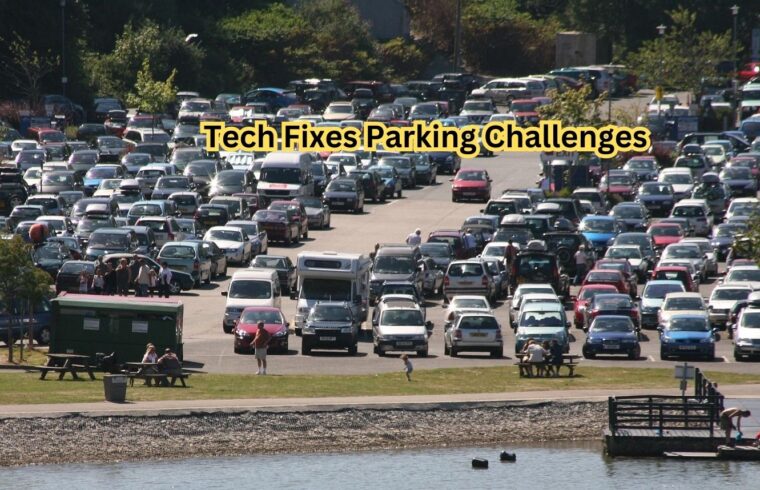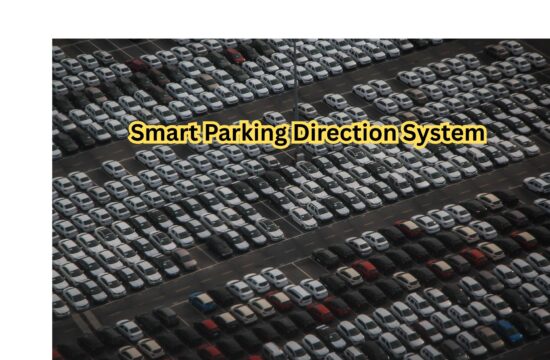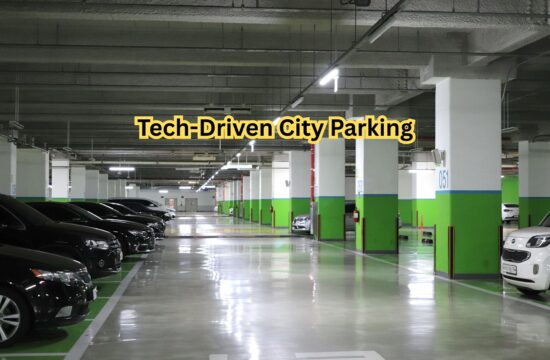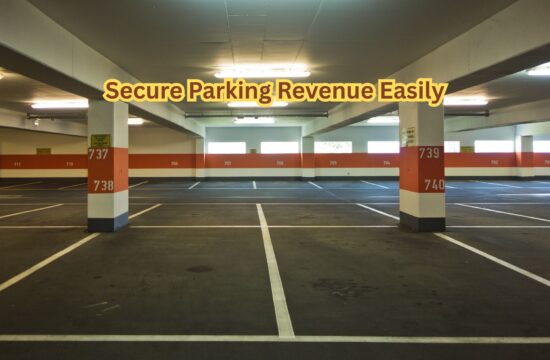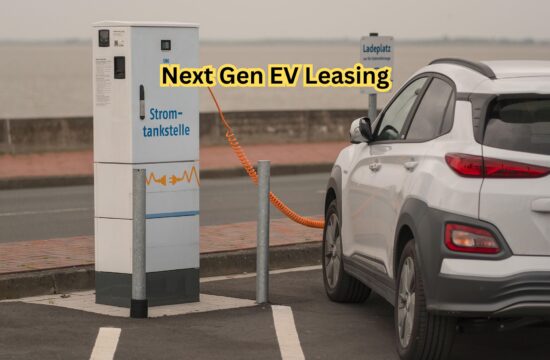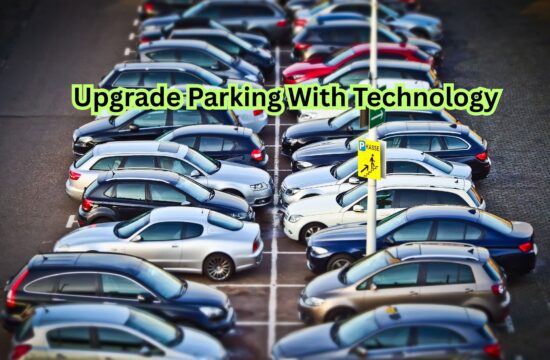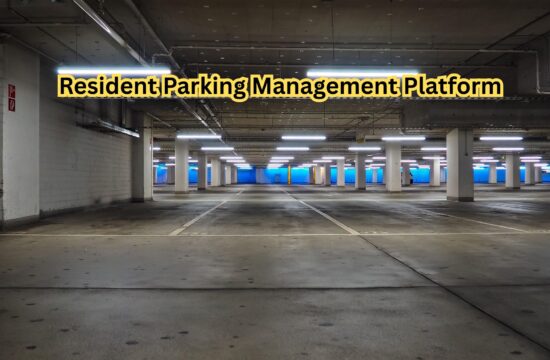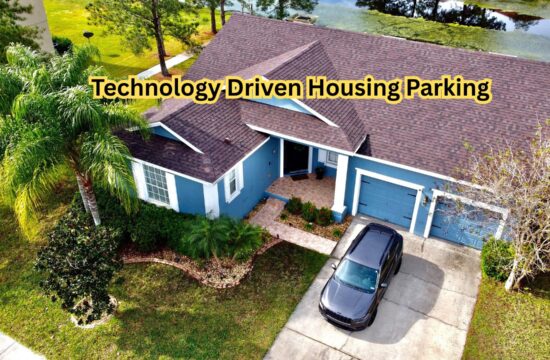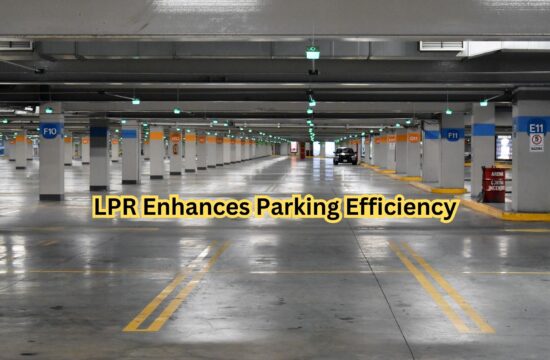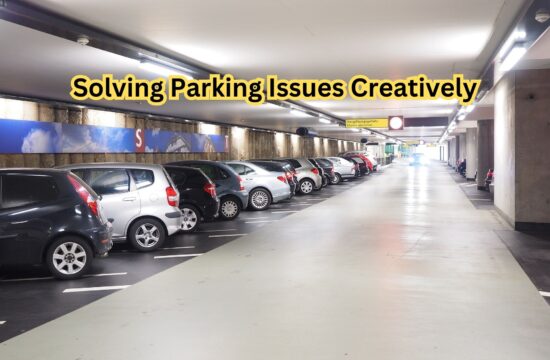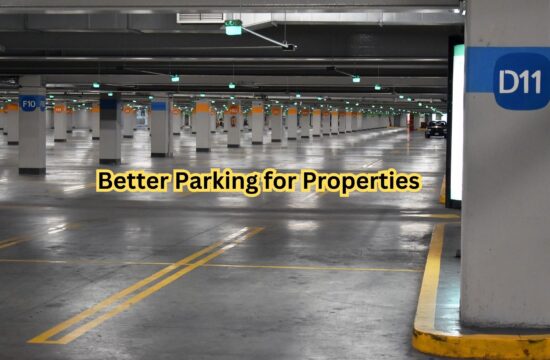Smart parking systems reduce traffic congestion and driver annoyance by using IoT sensors and real-time data to assist cars in finding open places fast. Tech Fixes Parking Challenges by integrating these systems with mobile apps, allowing users to check availability and reserve places in advance for added convenience. Tech Fixes Parking Challenges by streamlining parking, reducing needless car travel, and enhancing urban mobility. Ultimately, Tech Fixes Parking Challenges by making city parking more efficient and stress-free for drivers.
Mobile Payment Solutions
Mobile payment apps are taking the role of traditional parking meters, allowing for smooth, cashless transactions. By effortlessly extending their parking time remotely, drivers can lower their chance of receiving fines. By incorporating technology into common urban transportation solutions, this innovation promotes smart city projects, increases parking efficiency, and improves user experience.
AI-Powered Parking Enforcement
By lowering human error and guaranteeing equitable rules, AI-based solutions such as smart cameras and automated license plate recognition (ALPR) improve parking enforcement. By increasing efficiency, streamlining monitoring, and improving accuracy, these technologies help to organize urban parking. They help make parking management systems smarter, safer, and more dependable by automating the enforcement of rules.
EV Charging Integration
Parking lots must incorporate EV charging stations due to the growing popularity of EVs. Drivers can find and reserve charging sites with ease thanks to smart parking solutions, which also improve convenience and cut down on wait times. This integration promotes the use of EVs, fosters environmentally friendly transportation, and helps create a more effective urban mobility system.
Automated Parking Systems
Automated car stackers and robotic parking garages efficiently store cars, making the most of available space in congested urban settings. By cutting down on idle time, these solutions reduce pollutants, increase security, and boost overall parking efficiency. They make urban mobility more intelligent and sustainable by using automation to produce a smooth, space-saving substitute for conventional parking.
Conclusion
The parking sector is changing due to technology-driven solutions that make it more sustainable, user-friendly, and efficient. Innovations in smart parking will be vital in determining the direction of mobility in the future due to growing urbanization. These developments guarantee more intelligent and well-planned urban parking solutions by improving convenience, easing traffic, and encouraging environmentally friendly transportation.

